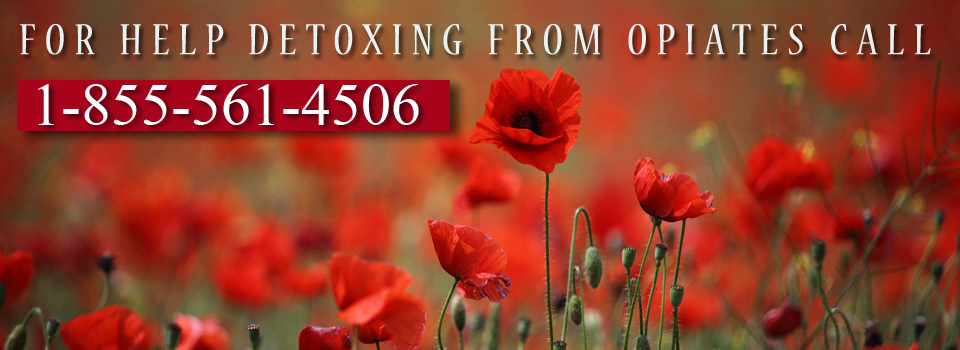Opiate addiction is a serious challenge that affects both the body and mind. Overcoming it requires more than willpower; it requires professional care, structured support, and a safe environment for recovery. Western Canada offers specialized detox programs that prioritize safety, compassion, and individualized treatment. At Western Detox, every program is designed to guide individuals through withdrawal and into lasting sobriety with medical supervision, mental health support, and holistic therapies.
Understanding Opiate Detox
Detoxification is the process of eliminating opioids from the body. Withdrawal symptoms can be severe and, in some cases, dangerous. Medically supervised detox ensures that patients receive the care they need while managing discomfort and reducing health risks. This is a critical first step toward recovery, providing a foundation for ongoing treatment and personal growth.
Medical Detox Programs
Medical detox at Western Detox involves carefully administered medications and professional monitoring to ease withdrawal symptoms. This approach balances safety with comfort, helping individuals gradually reduce dependency while addressing physical and emotional challenges. Medical detox is widely recognized as the safest method for most patients and prepares them for the next stage of comprehensive recovery.
Inpatient and Outpatient Options
Western Detox offers both inpatient and outpatient programs. Inpatient care provides 24-hour supervision in a structured setting, ideal for individuals with severe addiction or co-occurring mental health conditions. Outpatient programs allow patients to receive medical supervision while continuing daily routines, suitable for mild to moderate addictions. Choosing the right program ensures both safety and effectiveness.
Holistic Support Beyond Detox
Recovery is not only about physical detoxification. Addressing emotional, mental, and spiritual needs is essential for long-term success. Western Detox integrates counseling, therapy, and holistic therapies to support the whole person.
Mental Health and Counseling
Many individuals struggling with opiate addiction also experience anxiety, depression, or trauma. Western Detox offers personalized counseling and therapy to address these underlying issues. This support equips patients with coping strategies, emotional resilience, and skills to prevent relapse.
Holistic and Faith-Based Approaches
Holistic therapies, including mindfulness, stress management, nutrition, and physical activity, help restore balance and overall well-being. For those seeking spiritual support, faith-based programs provide community connection and emotional guidance, enhancing recovery outcomes.
Individualized Treatment for Lasting Sobriety
No two journeys to recovery are the same. Western Detox creates personalized treatment plans based on each patient’s medical history, addiction severity, mental health needs, and personal goals. This individualized approach ensures that patients receive the right combination of medical care, counseling, and holistic support to achieve long-term sobriety.
Preparing for Life After Detox
Sustainable recovery extends beyond detox. Follow-up programs, support groups, and ongoing therapy reinforce healthy habits and provide guidance for life after treatment. Education on relapse prevention, healthy coping mechanisms, and lifestyle changes helps patients maintain their progress and build a healthier, substance-free life.
Taking the First Step Toward Recovery
Opiate addiction can feel overwhelming, but professional help is available. Western Detox provides safe, compassionate, and comprehensive programs that guide individuals from withdrawal to lasting wellness. If you or a loved one is struggling with opiate addiction, reaching out to a trusted detox program is the most important step. With expert guidance, holistic support, and individualized care, recovery is possible, and a healthier, sober future is within reach.





